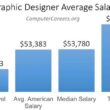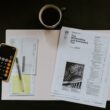This post will delve into the core principles of effective interviewing, from understanding fundamental strategies to perfecting the subtle yet powerful language of non-verbal communication. Plus, we’ll equip you with tactical approaches for tackling the most commonly posed interview questions. So, buckle up and get ready to transform your interview prowess with these insightful tips and techniques.Learn essential job interview strategies, perfecting non-verbal cues, and crafting strategic answers to common questions for interview success. Here are Proven Job Interview Tactics
Understanding the Proven Job Interview Tactics
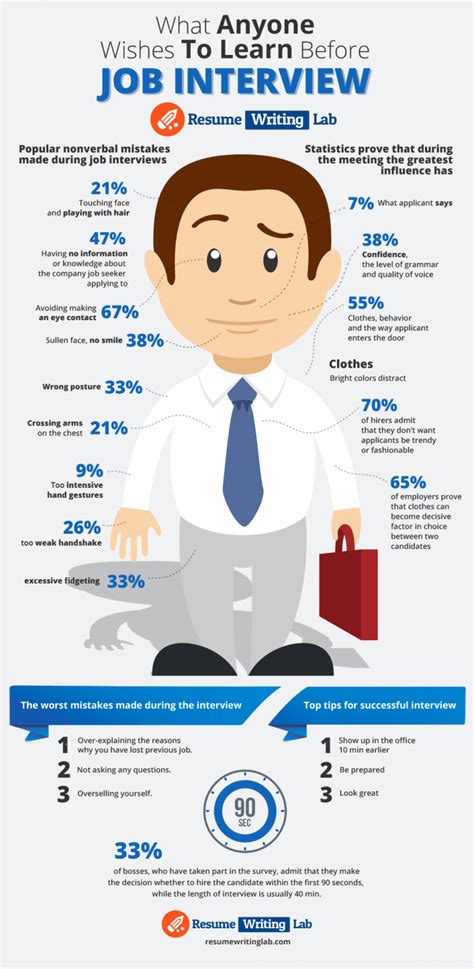
Embarking on the journey of a job interview can sometimes feel like stepping onto a stage where every word, gesture, and pause is critiqued by an attentive audience. Understanding the basics of Job Interview tactics is akin to a performer mastering their lines and cues; it is an essential prerequisite for a successful performance that could lead to that sought-after role. One must carefully navigate through a series of predefined yet unpredictable scenarios, making every second a valuable opportunity to showcase their best self to potential employers. This calls for an intricate balance of preparation, keen observation, and the ability to adapt swiftly to the rhythm of the interview conversation.
As one delves deeper into the complexity of interview dynamics, it becomes evident that mastering proven Job Interview tactics is not merely about rehearsing answers to potential questions; it is an art that also involves honing your Interview techniques and aligning them with effective Interview strategies. The confluence of verbal acuity and the subtleties of non-verbal cues shapes the narrative of your professional saga in real-time. Therefore, a strategic application of these skills is imperative to navigate through this process, which not only demonstrates your competency but also your ability to engage meaningfully and assertively with potential future colleagues and leaders within an organization.
Mastering the Art of Non-Verbal Communication
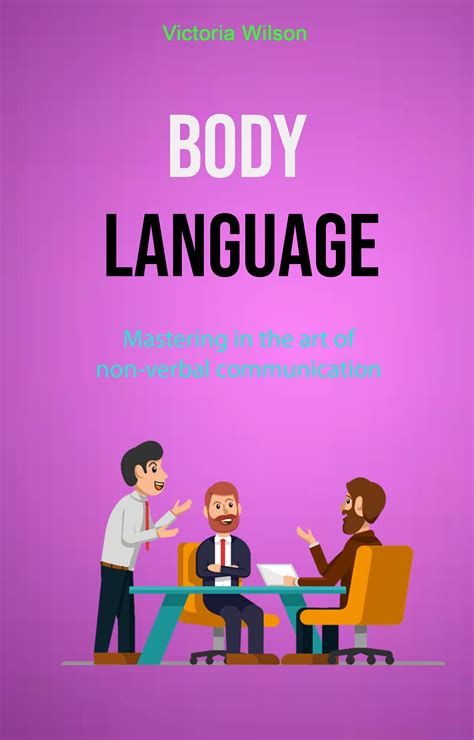
Navigating the subtle nuances of non-verbal cues is a critical aspect of job interview tactics; understanding that what is not said often speaks louder than words can be the difference between making a positive impression or not. From the firmness of your handshake to the confidence exuded through eye contact, mastering the art of non-verbal communication can communicate competence and professionalism without uttering a single word, making it one of the most proven job interview tactics to sway the outcome in your favor.
Furthermore, integrating purposeful gestures, maintaining an open posture, and utilizing appropriate facial expressions form the bedrock of effective interview techniques and interview strategies that signal engagement and interest in the conversation. Since the way you present yourself non-verbally is a key aspect of interview dynamics, it is paramount for job seekers to consciously harness these soft skills to complement their verbal responses, thereby crafting a harmonious and convincing narrative of their fit for the role they aspire to secure.
Strategic Responses to Common Interview Questions
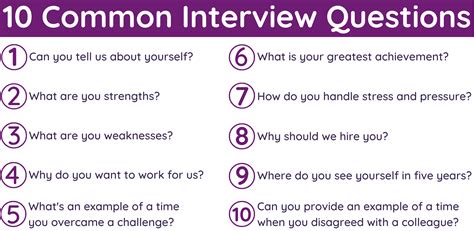
When it comes to acing a job interview, the ability to respond effectively to common interview questions is a keystone in your arsenal of interview strategies. These questions often serve as a baseline for interviewers to gauge your compatibility with the company’s ethos, understanding of the role, and your overall suitability for the position. Crafting strategic responses requires forethought and an understanding of the underlying purpose of each question. For instance, when faced with the ubiquitous Tell me about yourself query, rather than providing a regurgitation of your resume, a more tactical approach might involve highlighting specific experiences that reflect the values and skills pertinent to the job at hand.
Another pillar of job interview tactics is the ability to turn potential weaknesses into strengths. A common technique here is the reframing method, especially when navigating the treacherous What is your greatest weakness? question. Proven job interview tactics suggest that an effective strategy is to choose a weakness that can also be seen as a strength within the context of the job. For instance, you might admit to being a perfectionist, but go on to explain how this trait drives you to deliver high-quality work—a desirable attribute in many professional settings. Understanding the nuances of these interview techniques can transform a standard response into a strategic, impactful dialogue that leaves a lasting impression on your potential employer.
Frequently Asked Questions
What are some effective strategies for responding to common interview questions?
To effectively respond to common interview questions, you should prepare answers that are honest, concise, and highlight your skills and experiences relevant to the job. Use the STAR method (Situation, Task, Action, Result) to structure answers to behavioral questions, and practice your responses to maintain confidence during the interview.
How important is body language during a job interview?
Body language is crucial during a job interview as it communicates confidence, interest, and professionalism. Make sure to maintain eye contact, offer a firm handshake, sit up straight, and avoid negative body cues like crossing your arms or fidgeting to make a positive impression.
Can you provide tips for handling stress during an interview?
To handle stress in an interview, prepare thoroughly by researching the company and practicing your responses. Arrive early to avoid rushing, take deep breaths to remain calm, and remember that it’s okay to pause and think before answering. Keeping the perspective that an interview is a two-way process can also reduce stress.
What should a candidate research about a company before an interview?
Prior to an interview, a candidate should research the company’s history, mission, values, culture, products or services, and any recent news or achievements. Understanding the company’s industry position and key competitors is also beneficial. This knowledge demonstrates genuine interest and enables tailored responses during the interview.
How can a job applicant negotiate the best salary during an interview?
A job applicant should research industry salary standards and know their worth based on skills and experience before negotiating. They should be prepared to articulate their value and the contributions they can make to the company. It’s best to discuss salary after receiving a job offer and to approach the conversation with flexibility and professionalism.
Is it appropriate to bring up professional development opportunities during an interview?
Yes, it’s appropriate to ask about professional development opportunities during an interview as it shows your interest in growth and long-term commitment to the company. It also gives you an idea of how the company invests in their employees’ career advancement.
What is the best way to follow up after a job interview?
The best way to follow up after a job interview is to send a personalized thank you note or email within 24 hours. Express your appreciation for the interviewer’s time and reiterate your interest in the position. If you haven’t heard back within the timeframe they mentioned, it’s acceptable to send a polite inquiry about the status of your application.

